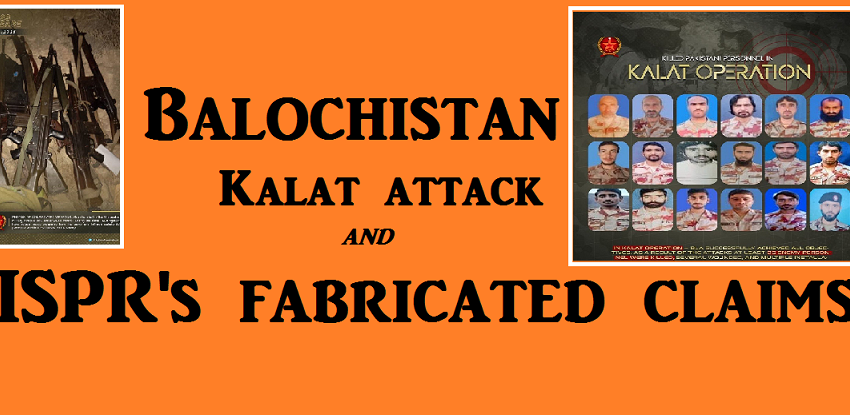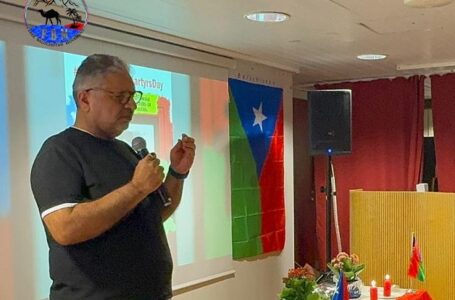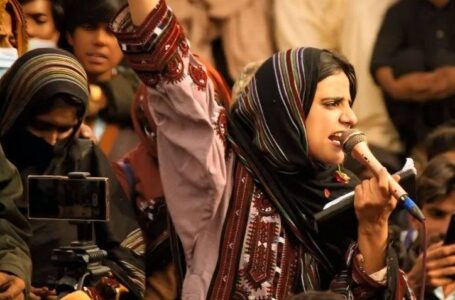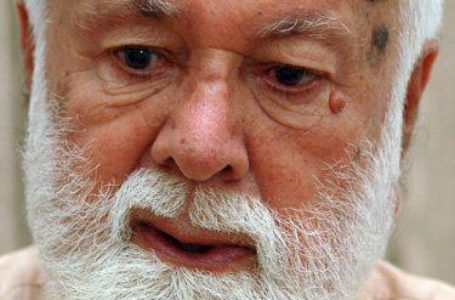Occupied Balochistan: A Chronicle of Genocide, Exploitation, and Resistance
Kalat Attack and Pakistan Military’s False Claims

The recent operation by the Baloch Liberation Army (BLA) in the Manguchar area of Kalat has once again brought the issue of military accountability and truth to the forefront. While the BLA says it successfully executed a strategic attack, the response from Pakistan’s military has raised more questions than answers, especially regarding the misleading statements made by the military’s media wing, ISPR. These false narratives not only distort the reality of the situation but also put the lives of innocent Baloch in jeopardy.
The BLA’s account of the operation, in which they claim a clear tactical victory over the Pakistani military, is starkly different from the Pakistani army’s version of events.
According to Azad Baloch, the spokesperson of the BLA, 25 Pakistani soldiers were killed in the operation. The Pakistani military itself has confirmed the death 18 officials. However, the BLA goes on to accuse the military of concealing the deaths of 19 more soldiers who were killed during the operation, while BLA forces were conducting road checks.
This tactic of downplaying casualties is not new; the Pakistani military has long been accused of hiding the true extent of its losses to preserve the morale of its troops and maintain a façade of victory.
What is even more alarming is the ISPR’s claim that 12 Baloch fighters were killed in the clash, a claim the BLA vehemently denies. The military has a long history of publishing photographs and footage of the bodies of Baloch fighters killed in battle, yet no such images or videos were provided following the Kalat operation.
If the claim were true, the BLA would have honoured its martyrs by publicly sharing their names and photographs, as is customary within the organisation. This glaring omission raises serious doubts about the veracity of ISPR’s statement and suggests that the military is fabricating the narrative to further its own agenda.
It is not the first time that the Pakistani military has been accused of such manipulation. In the past, when the military has faced significant defeats or setbacks, there have been instances where Baloch missing persons—who are often detained without charge or trial—are taken from prisons and killed in staged encounters. These individuals are then falsely labelled as militants to cover up the military’s failures and settle personal scores. The fear now is that the Pakistani military may resort to this same tactic once again, using the deaths of innocent detainees to bolster its narrative and further oppress the Baloch people.
Moreover, this pattern of deception is not limited to the Kalat operation. A recent operation in Kacchi is another example of the military’s attempts to fabricate victories. ISPR issued a statement claiming that 27 terrorists were killed in an operation, but no such operation had actually taken place, and no casualties were reported. This pattern of misinformation demonstrates a disturbing trend where the Pakistani military is not only failing to account for its own losses but is actively misleading the international community and the public about the reality on the ground.
This brings us to a crucial point: the role of the international media in reporting on these events. It is essential that the global press does not take at face value the statements issued by the ISPR or any other official military source. The media must go beyond simply parroting military claims and instead conduct independent investigations to verify the truth. When the military issues false statements that jeopardize the lives of innocent individuals, such as Baloch missing persons, there can be no room for blind acceptance of the official narrative.
As the international community watches the unfolding situation in Balochistan, it is crucial that the press holds all parties accountable, particularly the military, for the misinformation that perpetuates harm. If the world continues to blindly accept false narratives, the consequences for Baloch civilians will be dire. The truth must be uncovered, and the international media must take the necessary steps to ensure that these false claims are not allowed to stand unchallenged.
In conclusion, the Kalat operation and the subsequent misleading statements by the Pakistani military are part of a broader pattern of deception aimed at masking military failures and silencing the Baloch struggle. The lives of countless innocent Baloch individuals, including the missing persons, are being put at risk by these false claims. It is time for the media, both local and international, to rise to the occasion and demand accountability. The truth must prevail, and it is up to all of us to ensure that it does.









